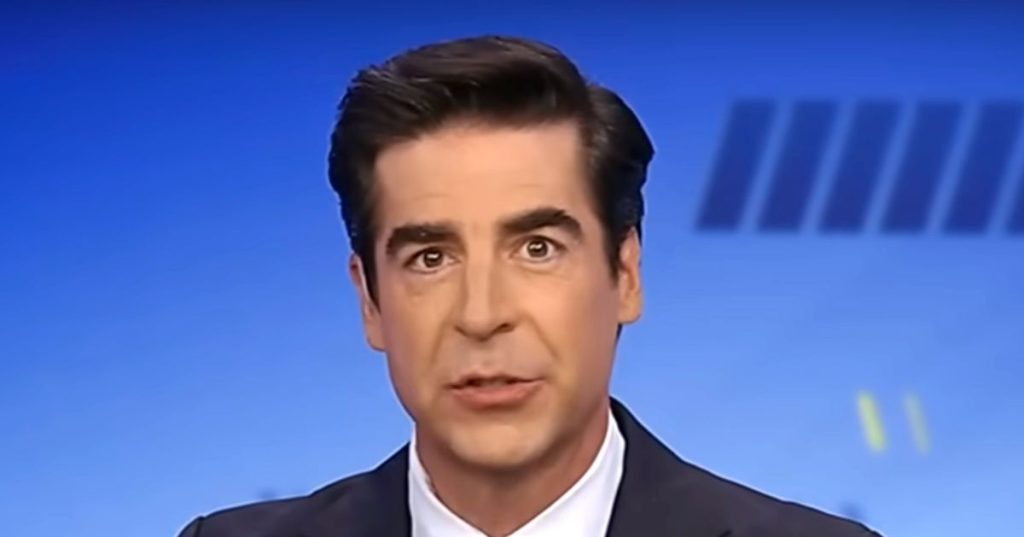Fox News host Jesse Watters sparked controversy with his comments on Tuesday criticizing men who vote for women or Democrats. During a discussion about a fundraising call for Vice President Kamala Harris, Watters suggested that men who vote for a woman are either childish or trying to be accepted by women. He even claimed that scientists said a man who votes for a woman transitions into a woman. These comments drew swift backlash on social media and from critics who found them sexist and bizarre.
Watters, known for his history of sexism and misogyny, faced criticism for his comments on why men should not vote for women. Many viewed his remarks as extreme and reflective of the divisive rhetoric often seen on Fox News. Former Republican National Committee chair Michael Steele joked that he should be called “Michelle” in November. Conservative attorney George Conway also weighed in, questioning how someone with such controversial views could maintain a prominent job in media.
The reaction to Watters’ comments was swift and widespread, with many individuals and organizations condemning his remarks. Critics pointed out that the idea of a man transitioning into a woman by voting for a female candidate was not only inaccurate but also offensive. Some saw it as a reflection of the ongoing challenges faced by women in politics and the denigration of women’s abilities in public life. Others viewed the comments as indicative of the Republican Party’s stance on gender and equality.
The fallout from Watters’ comments highlighted the ongoing tensions within the media landscape and the role that inflammatory rhetoric plays in shaping public opinion. Many viewers and commentators expressed their disappointment at Watters’ remarks and called for accountability from Fox News and other platforms that perpetuate harmful stereotypes. The incident also served as a reminder of the importance of promoting gender equality and inclusivity in all aspects of society, including political discourse and media representation.
Overall, Watters’ comments ignited a firestorm of controversy and raised important questions about gender, politics, and media responsibility. The backlash against his remarks underscored the need for greater awareness and sensitivity when discussing issues related to gender and representation. As conversations about gender equality continue to evolve, incidents like this serve as a reminder of the work still needed to create a more inclusive and equitable society for all individuals.


